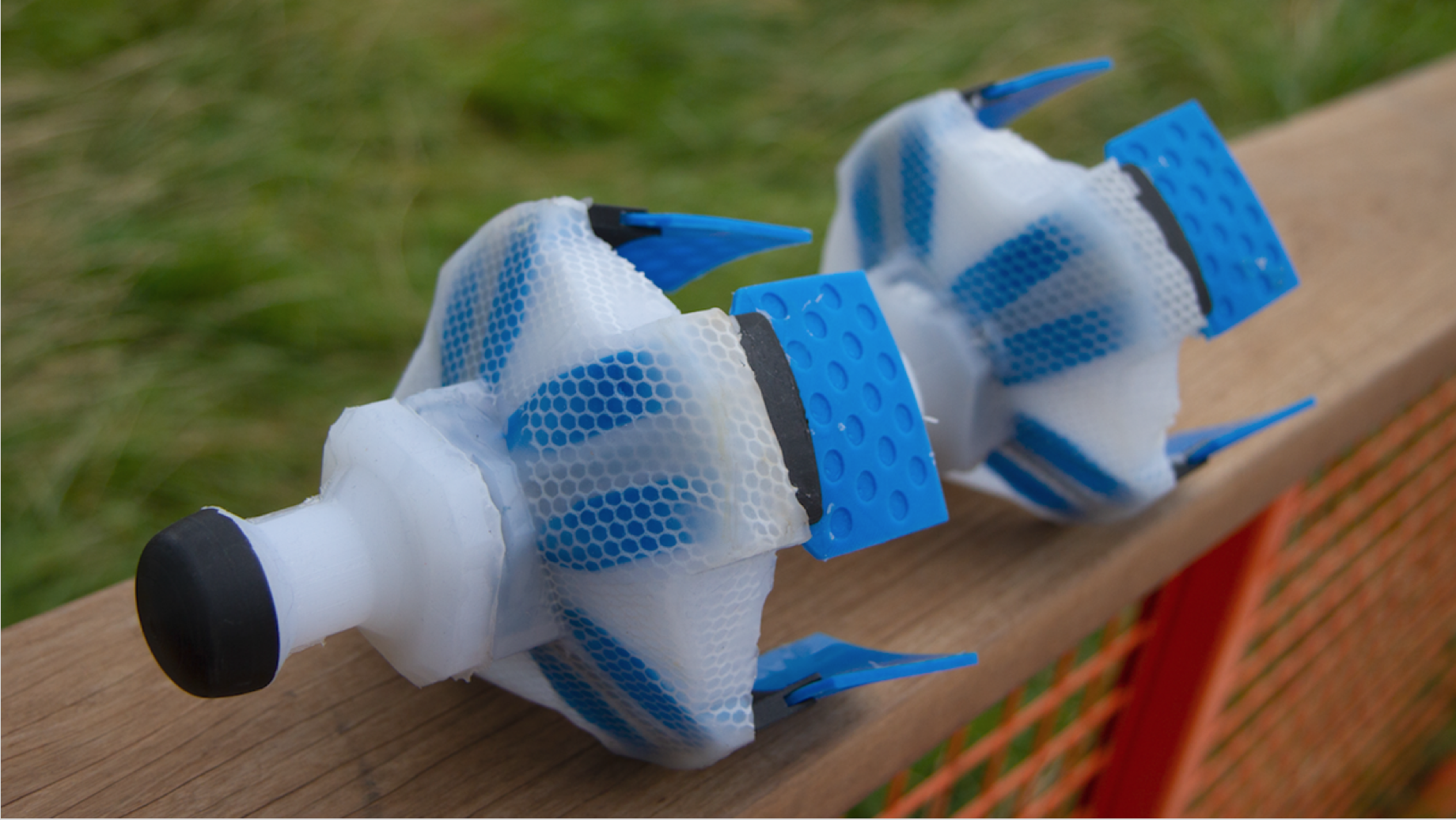MathWorks Application Engineering: Who are they and why should startups engage with them?
Trusted Advisors – when I asked James Wiken to describe what the role of application engineering at MathWorks was, his answer in the simplest form was to act as trusted advisors to our customers.
James is a senior application engineer at MathWorks. He has a masters and bachelors degree from MIT in Aerospace Engineering. It was here during his undergrad he first encountered MATLAB. During his graduate studies, he worked alongside a MathWorks employee to develop a new lab component for a control course. This was interesting, something technical, but also something that was working with other people to solve problems – this led him to application engineering at MathWorks.
“I work with our customers to advise on how to best use our tools to solve the problems they are facing. In return, I’ll take feedback that customers give us and pass that back along to MathWorks teams, [like development] to guide them and make the products better.” – James Wiken
MathWorks application engineers (AEs) work with customers around the world, from one-person startups to the biggest corporations that exist. As an engineer himself, James understands that there can be hesitation to ask questions as engineers are trained to be self-sufficient and figure things out on their own. For startups facing challenges with limited time and resources, AEs can help these teams by providing guidance and experience, so that they can spend time wisely and efficiently getting their product to market. Below I’ll highlight a few ways in which AEs act as trusted advisors while working with startups.
3 reasons startups should leverage application engineering resources:
- An expert within the tools who knows what is available and where to find it – the experience for many coming from academia or from companies who have Startup Suites is that nearly every tool is readily available at your fingertips and you don’t need to think about what you’re using, which makes for a great user experience. For companies that don’t have this open access or want deeper insights, guidance is helpful in figuring out what you are actively using and what you need to solve the problem at hand. They can point you in the direction of a particular function or capability that you might not know exists in the tools you already have.
- An insider that can provide guidance and insights based on similarities in problems or solutions – working with hundreds of different companies a year, application engineers end up seeing a lot. Chances are they have seen somebody that’s doing something similar, though maybe not identical in execution. Oftentimes as a startup you are focused on the problem at hand, but there are aspects around it you may not have seen before or have time to research. Using their insights, AEs can guide you to the next step in your problem or, in some cases, warn you as to the problems or the potential things you’ll have to worry about down the line.
- A technical expert that can demonstrate new and more efficient ways to utilize tools – with updates and additions twice a year, we don’t expect users to read every release note, rather, it’s the role of MathWorks AEs to stay up to date on new capabilities. You may know how to solve a problem in a certain way or perhaps you learned from a professor who learned MATLAB 10-20 years ago and hasn’t changed much in that time. Is the way that you’re doing it really the best way? It may turn out that we have a new way that was released more recently that takes one third of the work to accomplish the same thing. AEs provide that expertise or technical guidance, not just in terms of tools, but in terms of how you use them to their highest effectiveness.
The takeaway is that application engineering is a valuable resource for startups. It’s a great checkpoint to ensure teams have what they need, don’t have more than they need, and that they are using the tools most efficiently.








コメント
コメントを残すには、ここ をクリックして MathWorks アカウントにサインインするか新しい MathWorks アカウントを作成します。